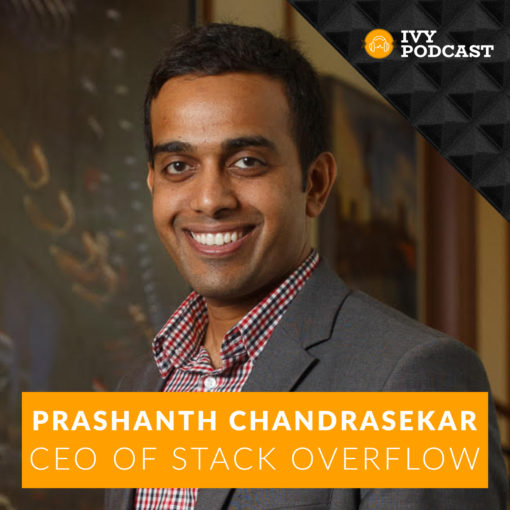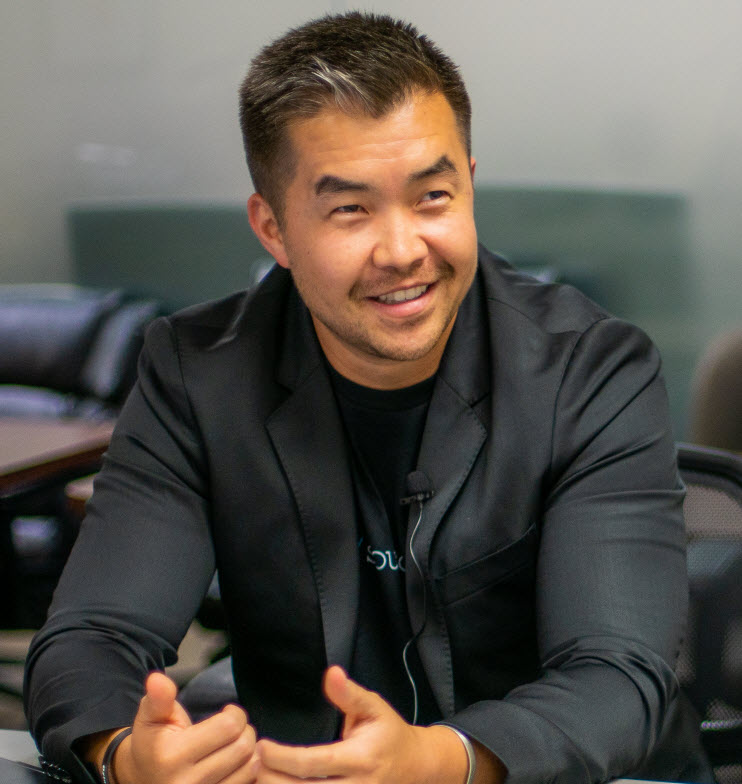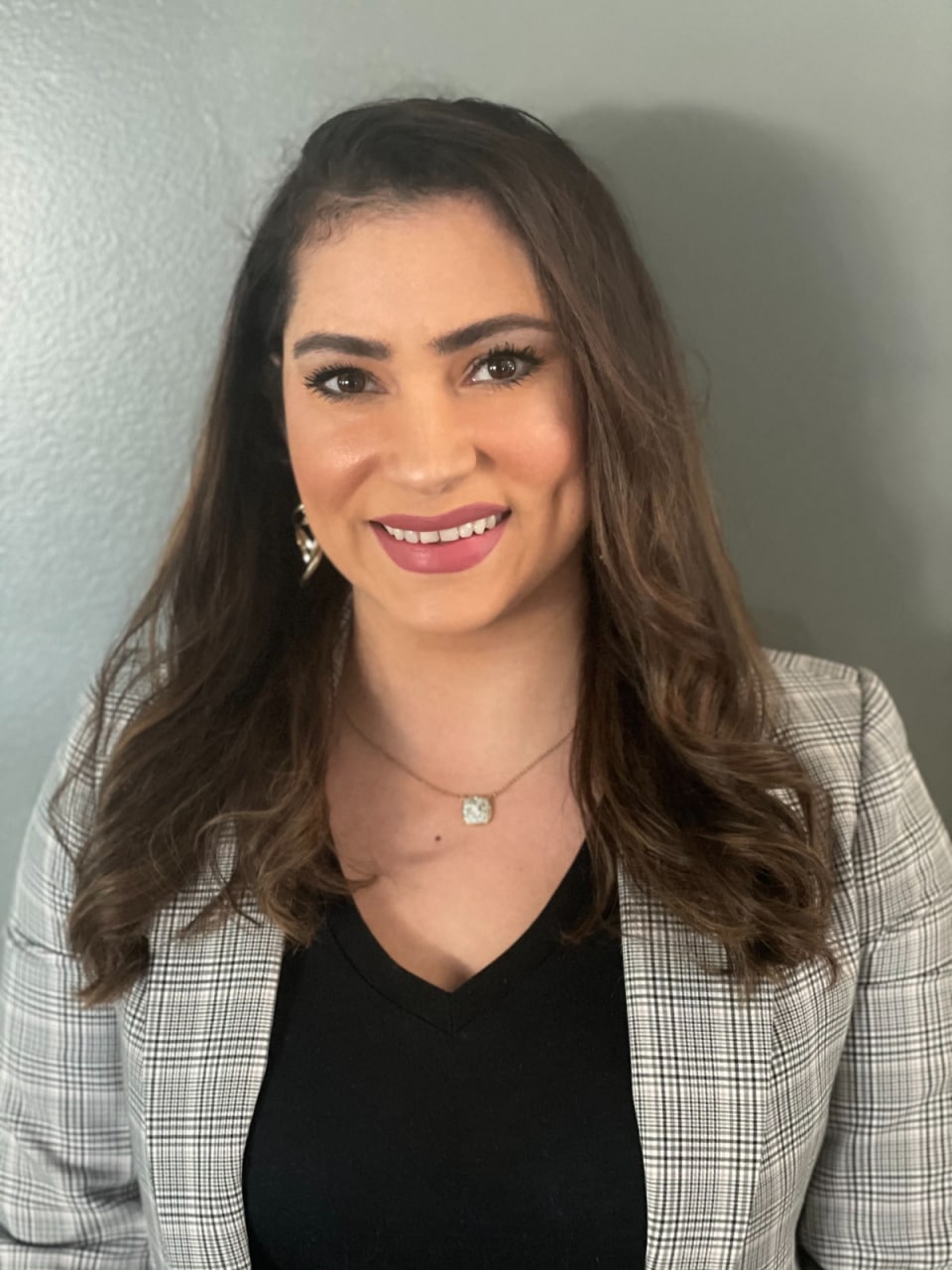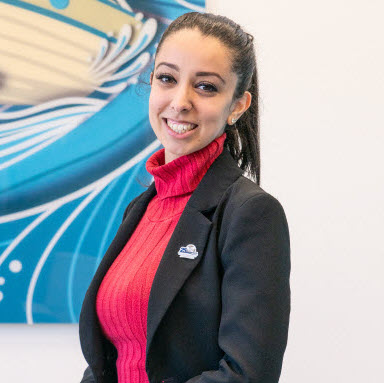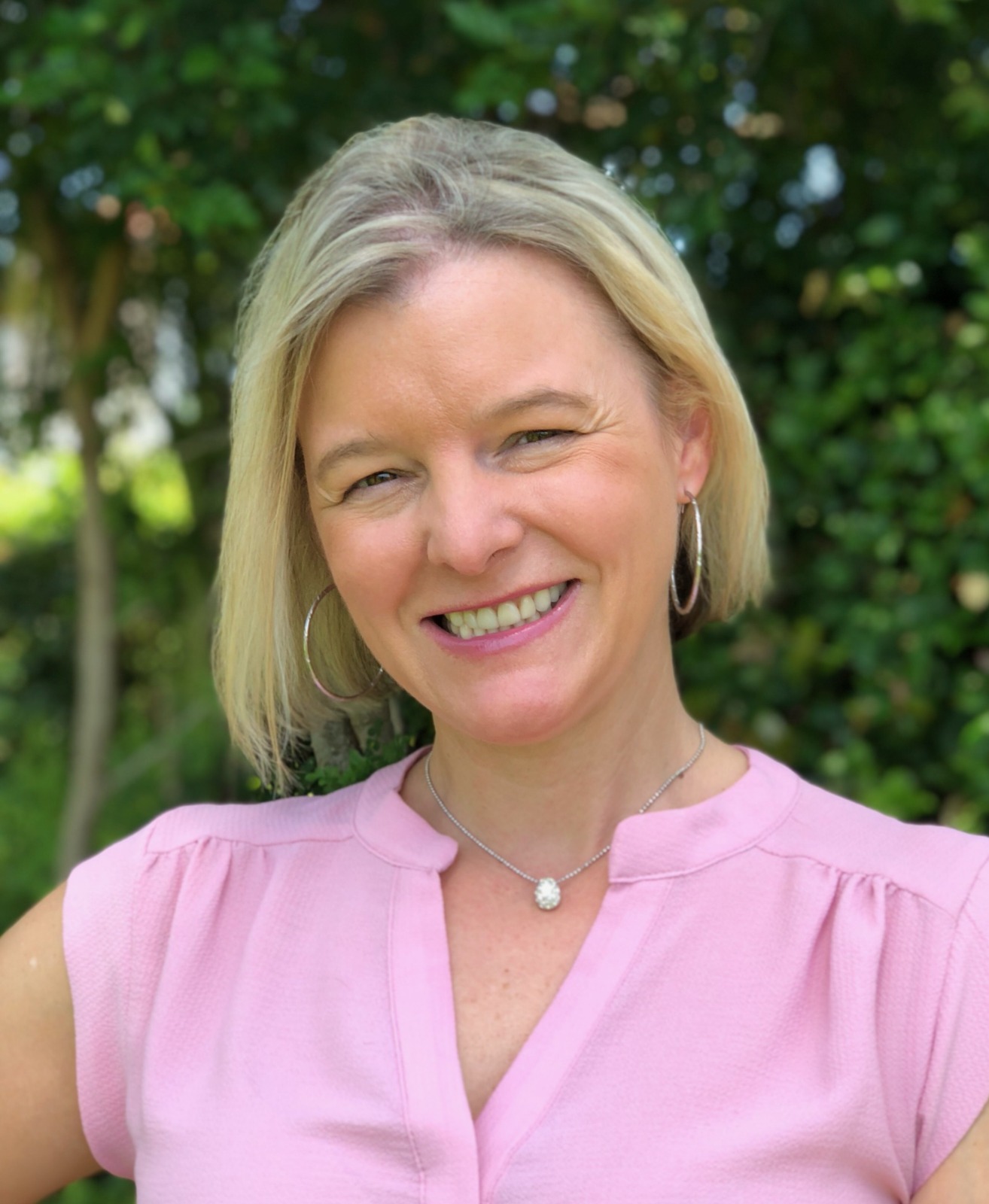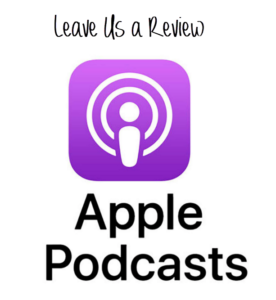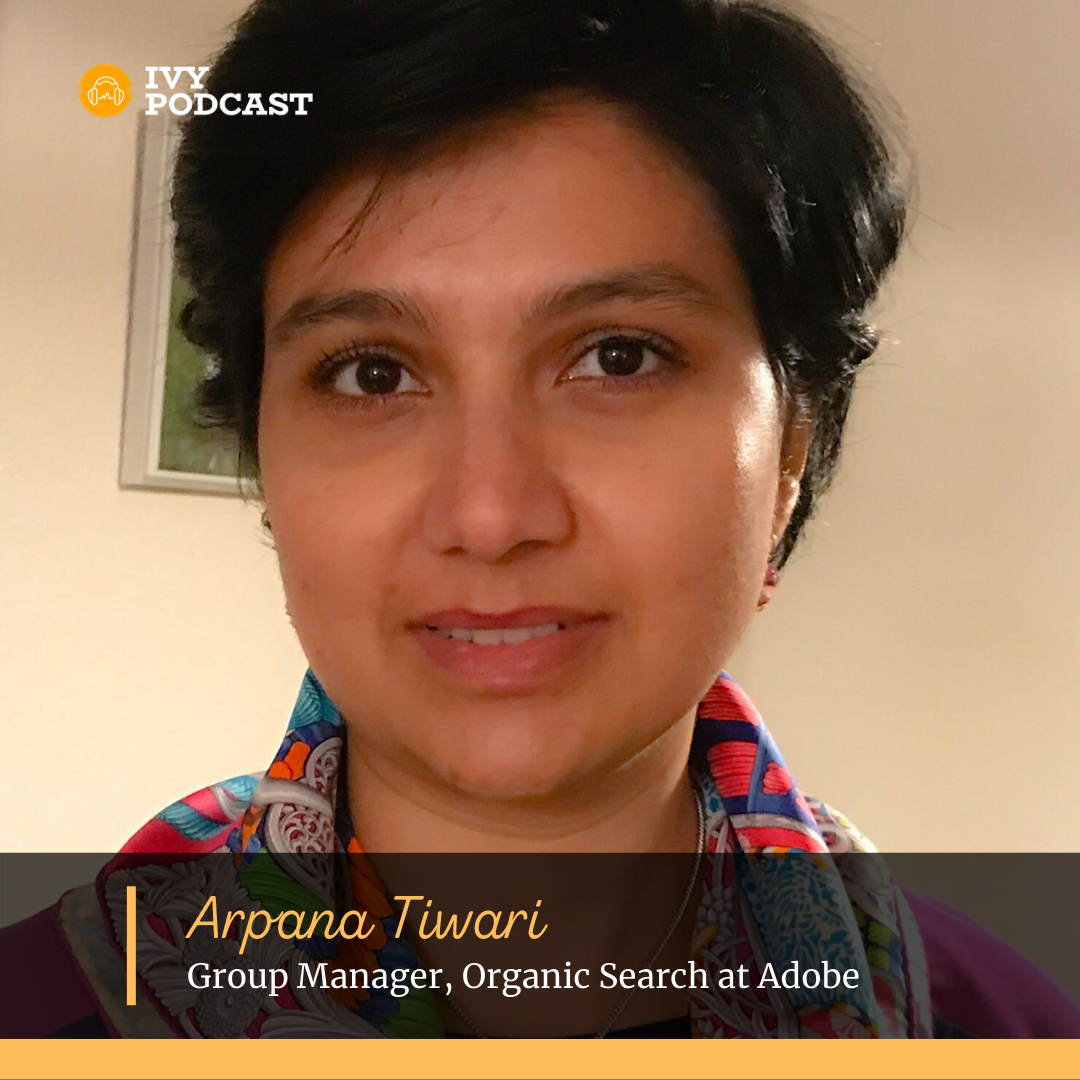
Arpana is a digital marketer with deep experience in organic search and user acquisition. She had led organic search growth programs for various large brands and small businesses.
She enjoys being in the trenches solving problems relating to growth marketing, search optimization, content strategy, site architecture, search tools, and dashboards.
Episode transcription:
F: Aparna, thank you for being with us today. A: Thanks for having me, Fred. F: Just to get us started. Tell us a little bit about your story and how you got into the SEO industry. A: It's been a while now, but it's an interesting story, indeed. I was interning at a real estate software company where the CEO and CMO, he was very enterprising, but had a healthy disregard for traditional marketing channels. And he challenged me to come up with a fresh and innovative search marketing program. And at that time, search marketing was very new at words. We had just about launched and, he wanted to do something new in terms of user acquisition and help out real estate agents. And that was my starting to really researching online what is search marketing, and then what is SEO and reading up on thought leadership articles at that point, there was no formal documentation. It was all self-learn, self-taught experimenting, trying out new things, and being able to get like the first user is obviously a thrill and it was such an exciting process and to be able to do it and get the gratification of the customers, because we were able to deliver leads to real estate agents. And that just took me into something which I've stayed with since. F: You talk about being self-taught and just doing all the research and learning as you go. Do you think that that's something that applies in today's world or are companies more looking for people that are well accomplished that come with a ton of experience and they don't need to learn on the job? A: Not at all. I think, especially in the recent past, the growth mindset that you've probably heard about a lot, it is more about problem solving. It's about how you approach a particular situation because the world we are in today, there's nothing, which is going to be an exact replica of what it was before times are changing. Companies are changing, people are coming out with new skill sets, and that's the fun of it. Do people even want to enjoy being able to solve bigger problems? And that's why it's so core to be willing to experiment. And I think companies are not really looking for someone who's done it before and tried and tested what helps. Definitely it helps ease the learning curve, but companies are really looking for people who can solve problems and who can make things that scale. So those are two key areas. Most companies that have an online presence use search engine optimization to increase the quantity and quality of traffic to their sites. F: What are the most recent trends that you believe dominate the SEO industry of the coming few years? A: SEO is constantly changing, because not just the engines are changing, but the surfaces are changing even in the last 10 years. I've been in this field for close to 17-18 years now. And since, you know, search came out and websites are starting to optimize. And, over just looking back at the last few years, the surfaces have changed. There's so many new devices that changed the way a search is used in many more vertical engines that are coming out. So it's not just, you know, web search, but there's search around specific verticals there's shopping, there's other. Pinterest itself can be an engine, LinkedIn. They can be a search across so many other surfaces. And then of course, just the way people search, going from typing out to conversational search and going into voice search. So I think these are all, some of the trends, just based on the user. So I think if you look at the user and you think about the different ways that users can search, that kind of tells you about the trends. And then the other side of the coin is also the search engines, as they're thinking about how they should serve the user better. I think layouts are another significant trend. How are the search engines changing the layouts? What a Google search looks like. Even two or three years back is very different from what it looks like now. And I can be almost sure the next six months will look very different. Just looking at historically how search engines are evolving to better meet the needs of users because they go from different devices and how they search and what they search for. So I think those are some of the key trends to look out for the layouts. Where are people searching? The speed, the performance are some of the key areas to look into. You've described the evolution of search engines over time. And you can give the example of how it looked two or three years ago is different than what it looks like today and how it will look six months from now. F: Do you have any advice that you can share on how companies can familiarize themselves with these new trends so that they don't fall behind? A: To me, the key one would be just look at the users, where are your users and what are they doing and where are they visiting? Competitor research is also good. Industry research is good, but nothing like looking at the user because what works for a competitor website may not work for. You may not work for very, you want to be. So I think the advice to companies and especially small businesses would be to know your niche. You know, what is it that you are today? What is it that you want to be very you're going and who are the users and your partners and your employees who you want to bring along. And then look at the trends, like where are users searching? What are their preferences? When do they come back more? What does retention look like? Not just the acquisition side of things. So that would be the advice to stay up to date, look at your own data, but be out there with your customers, asking questions. Customers love to talk about, especially when something doesn't go so well. And ask your partners. That's one thing I found. Even personally any website that I'm doing SEO for - I want to go and ask people, what did they search for? How did they find what they were looking for and what do they think of the experience and how could it really be better? Could be, have put something else in there. Die, too awkward. We have mocked up something else that would have made them really feel delighted about the experience versus just it was there. And I managed to click and come through. So getting into the weeds of how are people searching? What is their intent and what did they do when they land on the site, I think it's what will drive success. F: Recent SEO studies have shown that mobile searches have exceeded desktop searches, and this trend is projected to continue in the years to come. Given companies such as Google have shifted to a mobile first indexing approach. What insights can you share with us on how you successfully implemented a mobile SEO strategy? A: Again, going back to the users, I think Google and other search engines are driving towards mobile first indexing because they are seeing that's where the users are going. You know, users are up and about, they may be less at their desks. The ability to have really good user experiences in a mobile phone becomes super important. And as we think about SEO and optimizing for those trends, it goes back to performance and convenience and ease of use. And what is it that is going to help Google rank those sites better on the mobile device? Sometimes it's the queries. So the advice that I would give is look at the search intent when somebody is up and about, are they searching for local information? Are they searching for more informational content? When they're on their mobile phones, give it to them in snippet or smaller content, which is easier to read, easier to swipe, easier to scroll, versus if they're on the desktop and then they are able to perform certain actions. Another key trend is deep linking. For websites that have an app, definitely. Sofas, the app links in search. Google allows you to index deep links into the app. So surface that if users already have your app, they can get into a really personalized experience by clicking through from the search engine and going into your app. I think local searches are really big when it comes to mobile. If most users, when they're up and about, they're looking for some information, which they, especially on the shopping side, in the e-commerce side, if they're looking to buy something and it's able to surface that there's a store close by, or they can, you know, the availability information there, I think, is also super useful. You see some of the large companies with retail offerings already do that. Whether it's pharmacies or tire centers, they are. So if it's those in maps as well. So all of this feeds back into the mobile optimization. Now let me make sure that I phrase this correctly. We've seen where companies are trying as much as they can to get a better understanding of a way to personalize all searches for the users. But is there a balance that they need to be striking between personalizing the searches that people look for? Whatever people look for on the internet versus privacy? What's your take on that? I think to me, if I'm online, I've offered to provide certain information. And if that information is used to make it easy for me, I'm open to the recommendations that come with it. I think to me, privacy, and this is again, personally to me, privacy becomes an issue when I see something which is not relevant, that's when it doesn't fit in. Well, it doesn't seem natural. But otherwise, the devices that I use, the systems that I deploy to make sure that my information is secure, my family's information is secure. Give me the trust that when I'm online and I'm at these places, that information is being used in the right way. So if I'm sharing, I'm also very conscious about where I share information and who I shared it with. Am I sharing it with friends and me sharing it with a larger group or a community and there's different levels of information that I would share. So to me, as long as the content that I get, or the suggestions in personalization that I get are relevant and feel natural to me, then it's a convenience. I enjoy that. It helps me feel more productive, be more efficient. But that's the way I view personalization. F: Great. The COVID-19 pandemic has made it more important for companies to rely heavily on online sales, due to social distancing measures that are being implemented, not just across the country, but worldwide. What SEO methodology is. Can you share that can help increase SEO traffic, particularly for small businesses who seem to be struggling the most in the current pandemic, and be discoverable? A: To get all the information online, especially if you have stock or you're an e-commerce site, make sure that anytime you have new products or new services or new offerings that you have a listing for them and be found, because this is going back to search what is called the long tail of search. Sometimes websites, small businesses may feel they're not able to get those searches for the traffic because they're really focused on a branded term. They focused on their business name, or maybe they focused on something really very broad. In the local area, but think about the user. And once you think about the user, make sure that you're including that in your product offerings. How can it be valuable to users? Because at this time people are going there. If they are home, they are looking for information, the needs don't stop. They're looking for services, they're looking for information, they're looking for products, and they are doing that in a more conscious space. So I think it's all about discoverability and that's. Something that search is a full mechanism. You're not pushing out of promoting something. You're trying to get your information relevant to when somebody is looking for it. So also go back into your site and look at what are the keywords.If you have a website get that master account with Google search console, look at what users are typing into come to your website once they come to your website what are they using? Where is the click-through high and use that to serve more of your users. And then don't stop it. Search, go to social. It can really do wonders for you where you can find your community and that community can share more of your content to the relevant audiences. So don't stop at creating content, make sure that you're promoting that content and use the right means to promote that content to relevant audiences to your community. F: That's actually a good segue because my next question was going to be around social media. So social media has become a very powerful marketing tool and estimates show that 91% of us businesses were using social media for marketing purposes in 2019. What are some of the main challenges that large organizations face in social media marketing? A: Definitely. I mean, there are a lot more people on social media. I think some of the challenges that currently organizations face is how much, and to what extent to engage and to whom to engage with. And like with search, I think it goes back into who do we want to focus on? Who are your users? And social media needs to be run. Right, right from the start. Because once you're out there, it has huge branding implications. What you put out there. It has to be really well thought out. And the team that you bring in needs to really understand the brand, needs to understand your culture and your vision before being able to go and share out anything. Because once things get viral, It's a snowball effect. So to me, when any site or company is thinking about social media, I think it all starts with being really conscious about where you want to be and having not just a shotgun plan, but a long-term plan of what is in it for the user. Why would users want to share something? I don't just do it because it is a tactic. Do it because there is a value add to do a social need. Again, it's a broad community of friends and social needs. And do it find what is it that you will add to that community before going out and building your presence to the extent that you can share, what strategies have you deployed to combat these challenges and gain a competitive advantage compared to your other competitors? I think a combination of working internally with the right team. So working with all the PR and the comms team, making sure you have very clear guidelines, set is key for whether it's a small business or a large organization, before you're going out there, I think in terms of other strategies, making sure you understand what is your page about and go very targeted. What is it that you're going to offer on that page? How are you going to engage the users on that page? I've worked more on the search side, less on the social side, but that's where kind of the connection comes in. There, you're also trying to understand when you do send out a social campaign, how does that impact your searches and how do users return back to look for those stumps, but it can really affect how people learn about your brand and how they make that brand viral. F: Here at pro society, I lead the IT recruitment division for some of the technical roles, such as AI engineers, data scientists, website reliability engineers, and so on and so forth. What are the hardest skill sets for your team to find in the current job market? I think you touched on it earlier, which was having the growth mindset. A: It's usually the hardest, it's the problem solving capability. And while people will come in with an experience in a certain area, they've done it and they expect that because I've done it. I'm going to be able to be successful in any area. Again, it helps with the ramp time, but keeping in mind that is open to risks, being willing to try out new things and almost having those challenges energize you when you see something new, I think it's, it's important to have the mindset where you feel like I'm in this together with the team. That is one aspect. The other is scaling. I think the skill that allows people to really think big, not think this is a small task and if I'm done with it, my job is over. It's really about in certain cases, can I change the world? What is it that I'm so passionate about that I'm going to really make this big to me, that's something that I'm looking for because I want. You know, my team, people who are working with me to really think bigger about the larger impact that they can have, not just I'm finished with my task and I'm going to move to the next task, but what is the real final vision for this? So I think scaling is another area, the growth mindset, the scale. And then the third is kind of comes down to. Where do you see this fitting into your larger goal? Every job, every role is a part of the bigger puzzle. And so, again, I think that's a harder thing to find usually, and even with me, this is what happened, you fall into a role and then you think about what should I do next? But I think it does help to take a step back and say, where am I going? What are all these skill sets that I want to pick up? What are they adding up to? What's the larger canvas? What am I painting? And then now I'm filling in these pieces. So that I think is a hard thing. Uh, to find somebody who at least has a sense of at the end, this is what I want to do. And that's why I'm picking up these skills from the different areas. And there's a different type of passion that comes from that. When somebody who knows this is why I'm here, because I want to learn certain aspects. I think when people are coming with that kind of mindset, you'll find a very conscious approach to the way they do things, which raises the whole team. What strategies do you deploy to attract such niche challenges for your teams? Do you tend to get creative with some of your interview questions? I do. And a lot of the interview questions, I would say, I've learned over the years from people who interviewed me. And it's some really creative ones where if you're just following the model, you don't get to learn. So sometimes just stepping back, I think one of the tips that I use is just stepping back and listening to why somebody is interested at all. And I think if you really listen, you're going to catch some of the areas where you can then dig in and bring out that passion. One of the interesting questions that I learned from someone at the end of the interview was what is it that I'm not asking you that you think I should know about you and that's literally at the end, it's like, okay, we've talked about it. We've had a 45 minute, hour long discussion, you've laid out your best points and now sometimes it takes people to back, but that's when you get the most interesting answers. But going back to your question, like, how do you find the niche talent? I think it does come down to referrals. So building your network and building trust, I would say, is so important because, if I know someone and they are referring to another person, my trust is so high there. Versus somebody who I don't know. So that's where really be nice to people. Don't hold back on your expertise. Share it with the different teams, especially in digital marketing, especially in the field that we are in, in search marketing. So many small businesses, so many sites could use the help. And, when you're sharing your knowledge, when you're sharing that expertise and people see you as an expert, But in that area, you never know when they are going to refer you or when somebody who knows you is going to connect with them and say, have you worked with this person? And they'll be able to give a real practical example of where you were able to help them in a real life situation. And there's no bigger testimonial than that. There's no bigger reference than that. And you hit the nail on the head. F: Last question. This is the one question that I like getting different kinds of feedback on, and I'm going to ask you this. What advice would you give to women that aspire to get to your level of expertise in their different professions? A: That's a really good question. Looking back at my career, I had taken more risks and found a mentor and a champion early on. Fortunately for me at almost every company that I was at, I was able to find a mentor, someone who is willing to support and grow. So that's where I would really give advice to the women out there to seek out mentors, seek out champions. And don't hesitate from applying to a role just because you don't check off all the boxes. I know this has been said outside. There are a lot of articles and studies that talk about it. I still see it happen. I still, even for myself, I feel like a lot of times I was looking at a job description field, like that would be so nice, but I don't check off all the boxes and a lot of times your passion, your interest can just go beyond all the needs that are actually required for that role. If you're able to ask the right questions, you will be a step further. Also sometimes you don't know if all of those requirements are really requirements. Sometimes you can pick them up, you can learn them so never hesitate. I think that the other advice I would have is definitely take risks, aspire to doing more, find a mentor, find a champion who will be willing to support you. F: Thank you for taking the time to talk to us today, our partner, and a happy Thanksgiving. A: Thank you to you as well. Have a wonderful Thanksgiving with your family.






